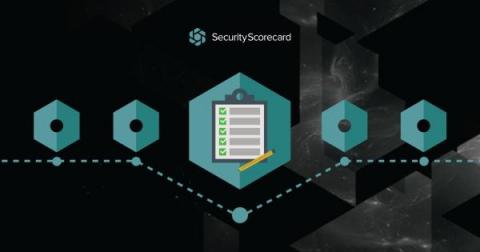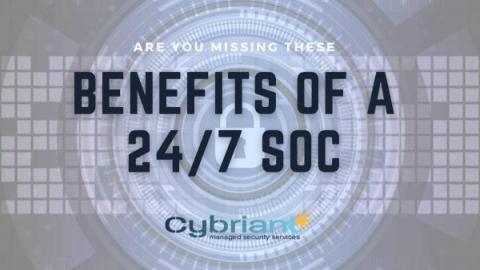Top 4 Emerging Trends in Telecom Risk Management
The telecom industry is continuously evolving as laws governing the industry change, providers join new markets, and the expansion of cellular connections continues to grow. And since the global pandemic of COVID-19, millions of people around the world have relied on the availability of network services to work in addition to keeping in contact with their loved ones.











